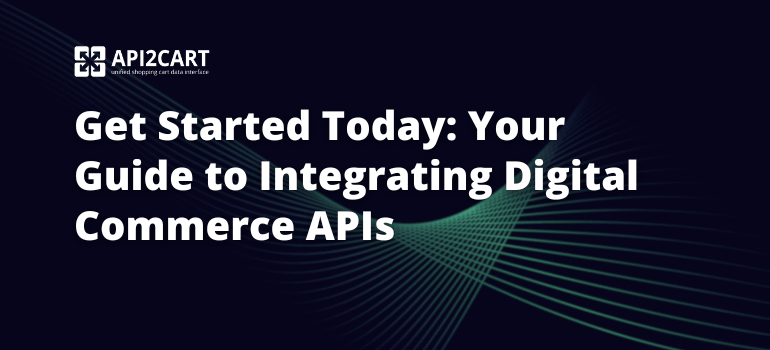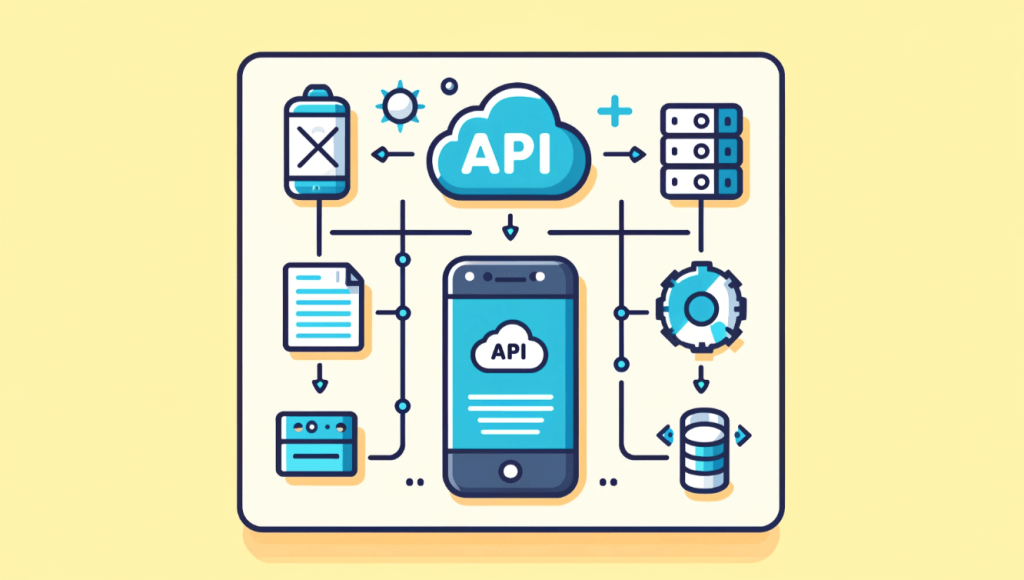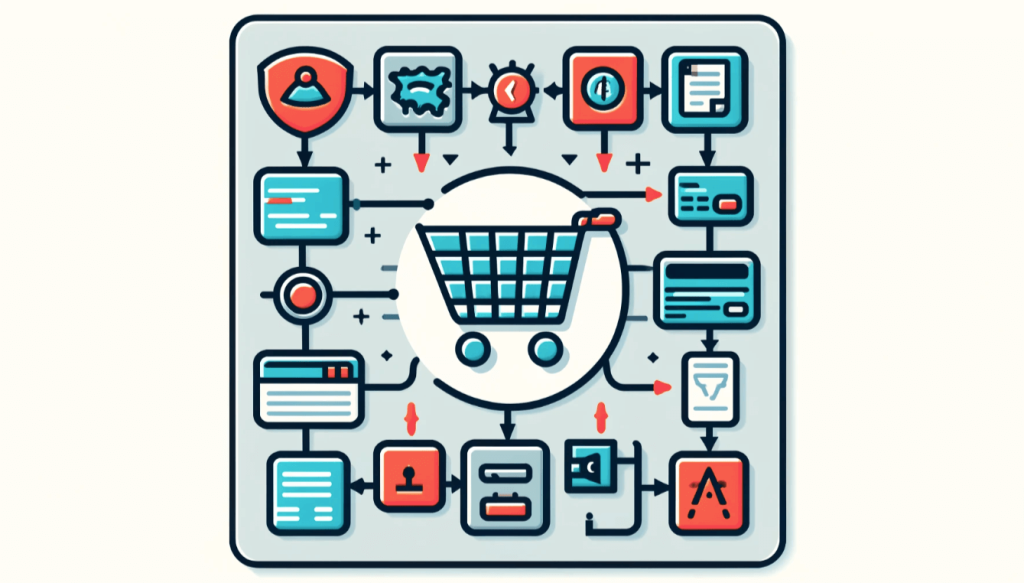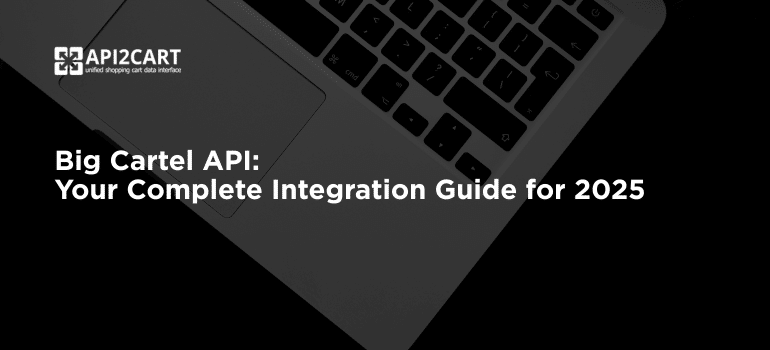
In the current world of eCommerce competition, there can be no compromise on innovation. Being an eCommerce software provider, you understand the importance of offering helpful tools. These tools should assist merchants in optimizing their processes. They should also help improve customer experience. As a result, this can lead to increased sales. This is where digital commerce APIs come into play.
These APIs operate as bridges to make your software to seamlessly interact with most eCommerce platforms. Consider your inventory management software being able to sync with listings on various platforms. Imagine your marketing automation tool pulling sales data from multiple stores in real-time. This is the transformative potential of Digital Commerce APIs.
This guide will provide you with all the information and tools necessary to successfully implement these APIs into your applications.
What is a Digital Commerce API?

A digital commerce API is a group of interfaces that enable an eCommerce platform to communicate with other software. These digital APIs enable eCommerce platforms to communicate with other systems. They also allow them to share information with various services. APIs also include payment processors, inventory systems, CRM platforms, and marketing automation tools. Digital commerce APIs are interfaces that enable the exchange of information between different software. They help businesses expand the capabilities of their eCommerce operations. This can be done without the need to write complex software code. This can include many tasks. For example, automatically updating a store with new products. It may also involve synchronizing stock across various sales platforms. Other tasks include order fulfillment and managing customer information in real-time.
How Does a Digital Commerce API Work?
A digital commerce API works by defining a set of rules and standards that enable the various software applications to communicate and interact with each other. For eCommerce software providers and developers, this means they can add various functionalities to their software. They won’t need to start from the basics or learn how the other system works.
For instance, this API could provide interfaces that enable a developer to access product data, modify stock, make transactions, or trigger delivery—all using HTTP methods, such as GET, POST, PUT, DELETE, etc. These APIs are usually RESTful, making them versatile and functional in various applications and devices.
In detail, when a digital commerce API gets a request, it performs this request against the business rule and data in the backend systems of the API. It then responds with the requested data in a format that is easy to handle and display, such as JSON or XML, depending on the need of the requesting application. This flow of information also allows for real-time data updates and interaction, which is a very important characteristic when it comes to the dynamism of today’s modern eCommerce.
Examples of Commerce APIs
The world of eCommerce is built on connections, and Commerce APIs serve as unseen links between different systems. Here is an example of one.

Shopping Cart APIs enable the software to communicate with a shopping cart and its features. Think of such a commerce solution as a loyalty program software that connects with the shopping cart API to instantly assign points or offer discounts. Also, these APIs can be used by inventory management software to reflect the stock in real-time depending on the purchases.
The Possible Way to Develop Integration with Any API
The process of integration with digital commerce APIs can appear challenging because of the amount of APIs available and their nature. Every platform has rules and data structures that are different from those in other platforms.
API2Cart is a perfect example of the service which enables developers to integrate their applications with more than 40 shopping carts simultaneously. API2Cart provides a unified REST API for integration with various shopping platforms. This greatly helps to minimize the amount of work and time needed for integration development. It ‘hides’ all the specifics of various commerce APIs behind a uniform structure. This structure is less troublesome to deal with and easier to update.
To learn how API2Cart can enhance your eCommerce software business, get in touch with our managers. You can also schedule a demo now. Learn how integration works and how it can help you simplify your development process while keeping costs low.
Conclusion
In summary, it can be said that the discussed digital commerce APIs are essential. They are crucial for companies that want to improve their online presence. They also help businesses optimize their processes. With the help of these APIs, you can integrate commerce solutions with third-party services. They also allow you to automate many functions.



